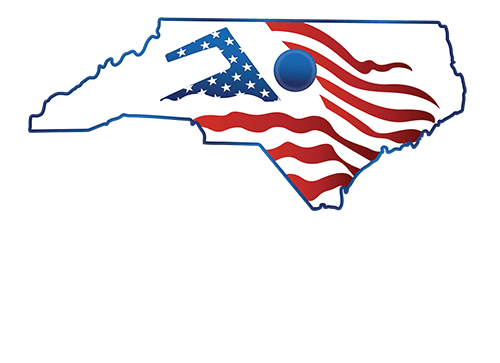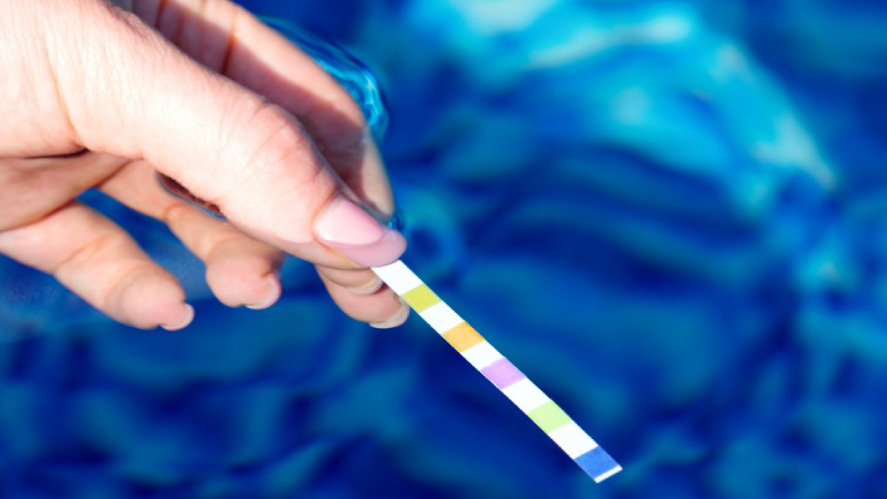If we want to have a swimming pool for our fun in the backyard of our house, we must know that it requires maintenance, care and cleaning where the water is kept clear and neat, thus having a clean space to enjoy the hot days, a swimming pool designed to be happy, but also where our health is taken care of, so in this article we teach you basic concepts for the care of the pool, so you can have a swimming pool free of algae, leaves or any debris that may fall into it, it is also essential to have the drains clean so that they work properly.
Circulation and filtration
It is essential that the water is not stagnant because it can turn green, it will also be a space where bacteria and algae can grow, so make the pump run between eight to twelve hours every day, also keep the water moving will make the chemicals used in the swimming pool are distributed properly, in turn the filters will trap pollutants and particles that are in the water.
Angle of jets
Check that the pool jets point away from the skimmer so that the water can circulate in a circle, this will allow the skimmer to easily get rid of debris, you can place the jets downwards so that the bottom of the swimming pool has circulation.
Clean the filter regularly, these devices have a pressure gauge that will indicate the pressure inside the filter, keep in mind that the higher the pressure the more dirt has accumulated.
Periodic cleaning
Filtering the water is an important part of the process, but it is not the only thing to do to keep a swimming pool clean, you must have a kit for cleaning a swimming pool such as a leaf catcher, brushes, chlorine dispenser, bottom cleaner, among others. Use them constantly to keep a pool free of impurities, you can do it yourself or hire suitable people to do the job for you, the most important thing is to have a swimming pool suitable to enjoy.
Chemical equilibrium
It is essential to keep the water chemically balanced, which is indispensable for the water to be disinfected, clear and perfect for our health.
- pH: Regulating the pH will give us a healthy water, it should be in the range of 7.2 and 7.6. If these levels are not adequate we will have a dirty swimming pool because the other steps to keep it clean will not work properly.
- Free chlorine: It should be regulated to be within 0.5 and 2 ppm. If the swimming pool is properly disinfected it will be germ free.
- Total, alkalinity: The recommended alkalinity is between 120-150 ppm, if the pH fluctuates a lot it means that the alkalinity is not well adjusted.
- Calcium hardness: It is recommended to be between 200 and 400, if it is not controlled, white calcareous deposits may appear on the walls, which may cause the walls to be rough.
- Chlorine stabilizer: You can use cyanuric acid as a chlorine stabilizer. It should be avoided to be above 40 ppm.
Finally, here are the basic tips to have a clean swimming pool:
- Brush the walls and stairs of the swimming pool to remove debris.
- Use a leaf skimmer to remove leaves that have fallen into the water.
- Check if the filter is working properly and clean it.
- Maintain constant water circulation, do not let the water stagnate.
- Vacuuming the swimming pool to remove debris from the floor
- Check that the pH levels of the swimming pool are adequate.
- Prevent algae growth

